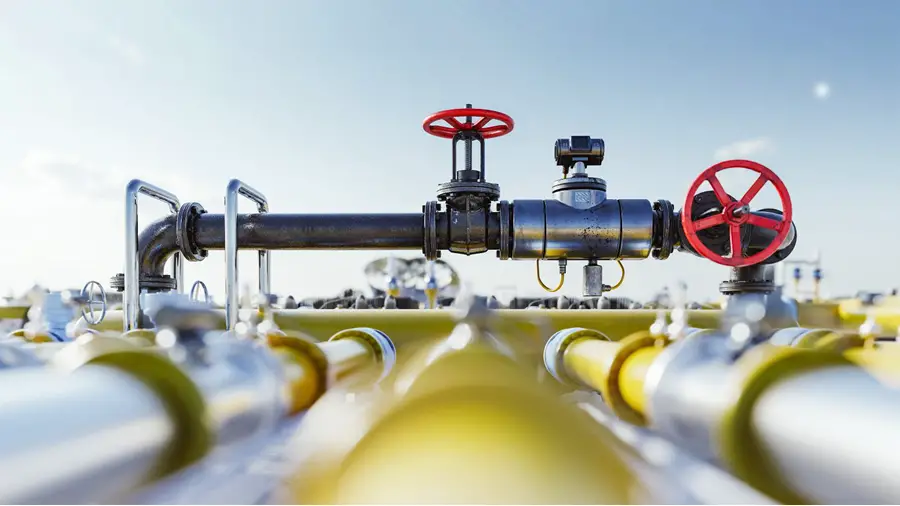The federal economy ministry and its counterpart in the state of Saxony have announced Germany’s and Europe’s first network of hydrogen pipelines. Construction will begin soon in the country’s east. Ontras, based in Leipzig, plans to build a pipeline grid with a length of over 900 kilometers by 2030. This is mostly by retrofitting existing natural gas transport infrastructure.
According to Saxony’s Economy Minister Martin Dulig, the projects are “Doing hydrogen” and “Green Octopus Mitteldeutschland.” They are funded through the EU’s IPCEI (Important Projects of Common European Interest) scheme. The project will make Saxony a gateway for the scale-up of a European hydrogen economy.
The turmoil in European energy markets has much been caused by Russia’s war on Ukraine, according to Dulig. Thus, it has made early preparation of more sustainable alternatives for businesses with hydrogen “one of the central tasks of this decade.”
Read Also: Energy developers sign Sweden’s largest power purchase agreement
Europe’s first network of hydrogen pipelines
The government of Saxony intends to build a comprehensive green hydrogen supply chain that combines the policy goals of climate action, supply security, and increased energy independence. The ministry stated that the project in eastern Germany will become part of a larger “European Hydrogen Backbone” infrastructure. Consequently, it will have connections to hydrogen import terminals in the North and Baltic Seas.
Ontras, a network operator, emphasized that a hydrogen grid must grow in tandem. This together with other infrastructure elements enables the country’s full-fledged industry. “Our request to policymakers is that binding framework conditions for that be established as soon as possible,” the company said.
According to recent media reports, the German government plans to revise its National Hydrogen Strategy. Consequently, it will help solidify targets for rapidly scaling up the country’s electrolysis capacity by 2030. With a change in government since the strategy’s implementation, the economy ministry is updating the strategy ahead of schedule, with the goal of adopting it in January 2023.
Plans for new national pipelines, hydrogen storage concepts, import strategies, and international hydrogen infrastructure are all part of the revision.
